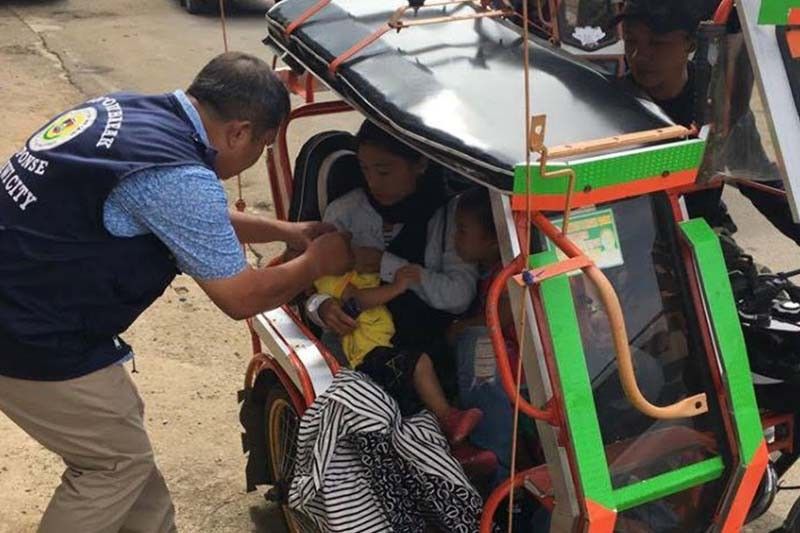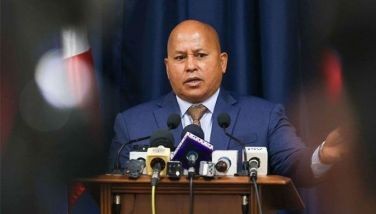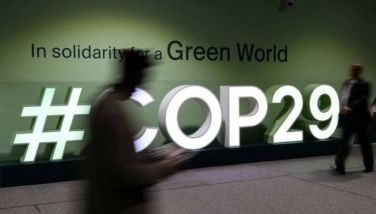DOH: Poliovirus detected from 26 environmental samples

MANILA, Philippines — Poliovirus has been detected in environmental samples taken from sewage treatment plants and untreated bodies of water, the Department of Health said Wednesday.
In a statement, DOH confirmed that 26 out of the 142 samples collected have tested positive for poliovirus types 1 or 2.
Of the 26 positive samples, 25 were collected from the National Capital Region and one from Davao City from July 1 to November 6.
“The presence of the poliovirus in environmental samples implies that carriers of the virus are continuously shedding in the communities. If viruses continue to spread from person-to-person in areas with low immunization coverage, the polio virus evolves and regains the ability to cause paralysis,” Health Secretary Francisco Duque said.
He added: “This is why it is of utmost importance that we vaccinate all children below 5 years old (0 to 59 months) regardless of their vaccination status.”
DOH has documented eights cases of polio two months after an outbreak was declared in the country. Seven of the confirmed cases were from Mindanao, while one was reported in Laguna.
The reemergence of polio in the Philippines after nearly two decades came after the country was hit by measles and dengue outbreaks earlier this year stoked by falling vaccination.
The agency is conducting the third round of the Sabayang Patak Kontra Polio campaign in Metro Manila and the second round in all of Mindanao from November 25 to December 7.
Health workers are also set to go house-to-house to administer the oral polio vaccine.
Polio can cause paralysis and can be fatal in rare cases. The disease has no cure and can only be prevented with several doses of oral and injectable vaccines.
- Latest
- Trending

































